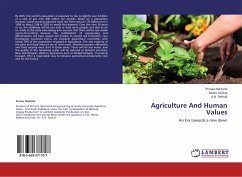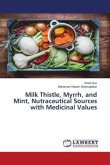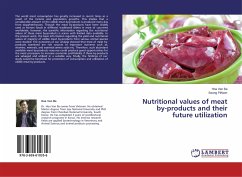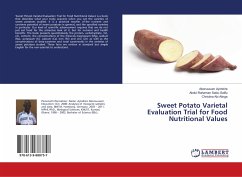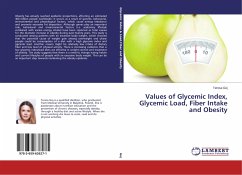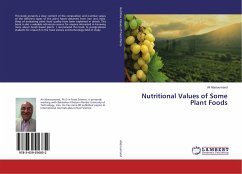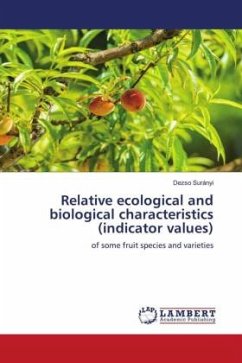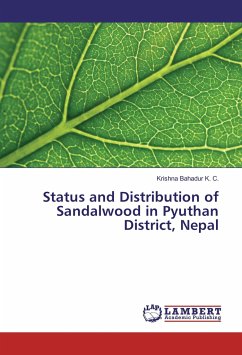By 2025, the world s population is expected to rise to slightly over 8 billion at a rate of just over 800 million per decade. Based on a population increase, world cereal production must rise from around 1.92 billion tons in 1990 to about 2.68 in 2025 to match this demand. Over the next 50 years or so, the challenge will be not only to feed more people, but also to do so, while at the same time taking into account that there will be less arable agricultural land because the combination of overgrazing and deforestation will have caused soil erosion to exceed soil formation. Low Developing Countries (LDCs) are primarily agricultural economies with nearly 70% of the population engaged in agriculture. The vast majority of the poor and food insecure are in rural areas. Therefore poverty alleviation and food security must start in these areas. There will be less water, and the quality of the remaining water will be reduced as demand increases. New technologies, allied to agriculture such as biotechnologies, if properly focused, offer a responsible way to enhance agricultural productivity now and for the future.
Bitte wählen Sie Ihr Anliegen aus.
Rechnungen
Retourenschein anfordern
Bestellstatus
Storno

